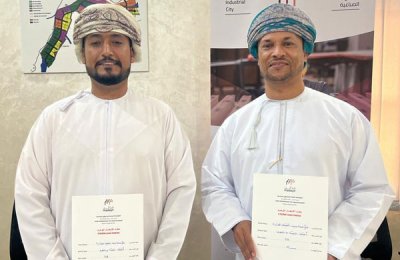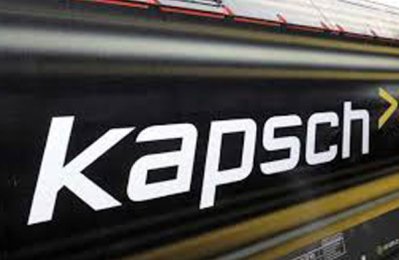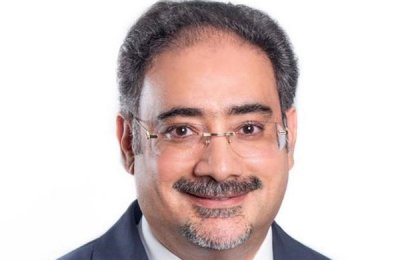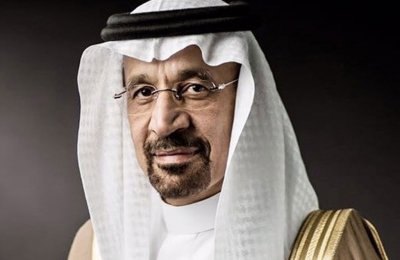SSAB, Shape to make fossil-free steel for automotive applications
Sweden’s steel major SSAB has entered an agreement with US-based Shape Corp, a tier-one automotive supplier of lightweight body structures, to deliver fossil-free steel crash management and body structure systems to market.
More Stories
Sweden’s steel major SSAB has entered an agreement with US-based Shape Corp, a tier-one automotive supplier of lightweight body structures, to deliver fossil-free steel crash management and body structure systems to market.
Shape will be testing SSAB’s fossil-free steel, the first steel product made of hydrogen-reduced sponge iron utilising HYBRIT technology, for use in automotive applications.
“We are excited to welcome Shape as our first partner for fossil-free steel in the US and look forward to jointly explore ways to mitigate climate change,” says Martin Lindqvist, President and CEO at SSAB. “Demand for fossil-free steel is increasing, which is one of the reasons for SSAB to bring forward its green transition with the ambition to largely eliminate carbon dioxide emissions around 2030.”
Leading the industry
“Shape continues to lead the industry with innovative, lightweight solutions for next generation vehicles,” says Mark White, president and CEO at Shape Corp.
“Additionally, we have established a bold sustainability goal to be a carbon free company by 2035. Our long-standing partnership with SSAB is built on years of collaboration and mutual respect between our companies. I am extremely excited to partner with SSAB to commercialise their new fossil free HYBRIT steel technology and to be first to market in crash management and body structure applications for our customers. We see this as a win for our customers, a win for the environment and a win for Shape!”
SSAB aims to deliver fossil-free steel to the market in commercial scale during 2026. SSAB works with iron ore producer LKAB and energy company Vattenfall as part of the HYBRIT initiative to develop a value chain for fossil-free iron- and steel production, replacing the coking coal traditionally used for iron ore-based steelmaking with fossil-free electricity and hydrogen. This process virtually eliminates carbon dioxide-emissions in steel production.
Shape has pledged to reduce its global carbon emissions 30% by 2030 and to be fully carbon free by 2035. Shape aims to be carbon free in its production and will reduce end user carbon emissions through lightweighting of the products Shape provides to its customers, mitigating climate change effects.-- TradeArabia News Service
Projects
















